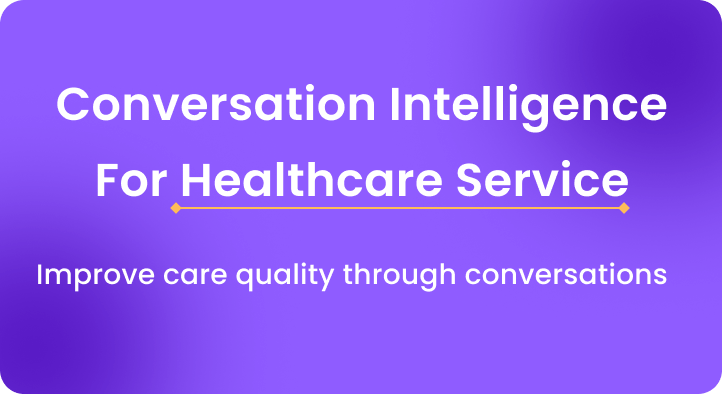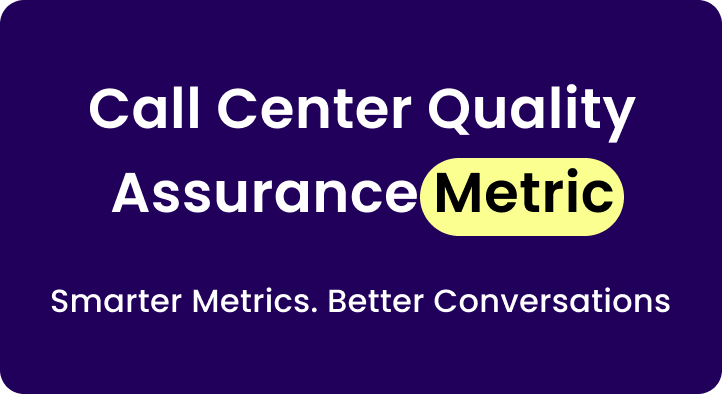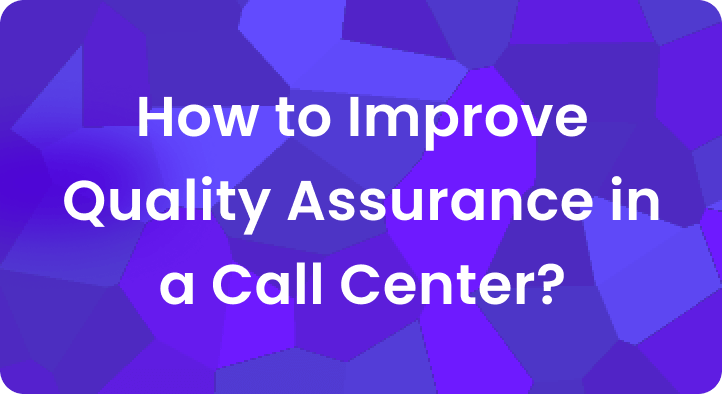AI-powered call monitoring tools protect customer data and privacy by detecting sensitive information, enforcing compliance rules, and ensuring that personal details never slip through unnoticed.
They do this at scale, across 100% of calls, while reducing the risk of human error.
Now let’s dig deeper into how it works – and why it matters.
Why data privacy is such a big deal in call centers
Call centers are on the frontline of customer interactions. Every day, agents handle credit card numbers, Social Security details, medical records, and loan applications.
A single slip-up – like repeating a card number out loud or storing sensitive data improperly – can lead to:
- Regulatory fines under GDPR, HIPAA, PCI-DSS, or CCPA.
- Financial losses, with the average data breach now costing $4.45 million (IBM, 2023).
- Customer distrust, with surveys showing 61% of customers stop buying from a company after a privacy breach (Salesforce).
This makes data privacy not just a legal obligation, but a business-critical factor in customer loyalty.
How AI protects customer data in call monitoring
AI-powered call monitoring tools are designed to protect both companies and customers. They combine speech analytics, natural language processing, and compliance frameworks to automatically catch privacy risks that humans often miss. Here’s how:
1. Detecting sensitive data automatically
AI can identify when sensitive data – such as credit card numbers, Social Security numbers, or health details – is spoken aloud.
Instead of relying on agents to follow every rule perfectly, AI flags or masks this information in real time.
Example: If an agent repeats a 16-digit card number, AI detects the sequence, redacts it from transcripts, and blocks it from being stored in recordings.
2. Enforcing compliance standards
Different industries have different rules:
- PCI-DSS prohibits storing cardholder data in call recordings.
- HIPAA requires safeguarding patient information in healthcare calls.
- GDPR mandates explicit consent before collecting or processing personal data.
AI tools are built with these frameworks in mind. They automatically check whether disclosures are read, consent is obtained, and data handling complies with regulations. If not, supervisors get alerted instantly.
3. Real-Time monitoring and alerts
Unlike manual QA, which often reviews only 1–2% of calls, AI scans 100% of conversations.
It can alert managers the moment a violation occurs, reducing exposure time from weeks to minutes.
Case in point: A financial services firm reduced compliance investigation time by 65% after implementing AI-powered alerts (Deloitte study).
4. Secure transcription and redaction
Modern AI systems transcribe calls with 90–95% accuracy and can automatically redact sensitive phrases from both audio and text.
This ensures customer data never gets stored in raw form, minimizing breach risks.
Redaction also helps during audits, since recordings can be shared with regulators without exposing private details.
5. Data encryption and access control
AI monitoring platforms don’t just analyze data – they secure it.
Calls and transcripts are encrypted at rest and in transit, and access is limited to authorized staff. Many solutions also provide audit logs, so every access is tracked for accountability.
This aligns with GDPR’s principle of data minimization and HIPAA’s requirement for audit trails.
6. Supporting remote and hybrid teams
With many agents working from home, data privacy risks have multiplied.
AI helps here too by monitoring remote calls with the same rigor as in-office calls, ensuring compliance even outside the office firewall.
Some tools can even flag if agents are trying to capture sensitive information through unauthorized devices or channels.



